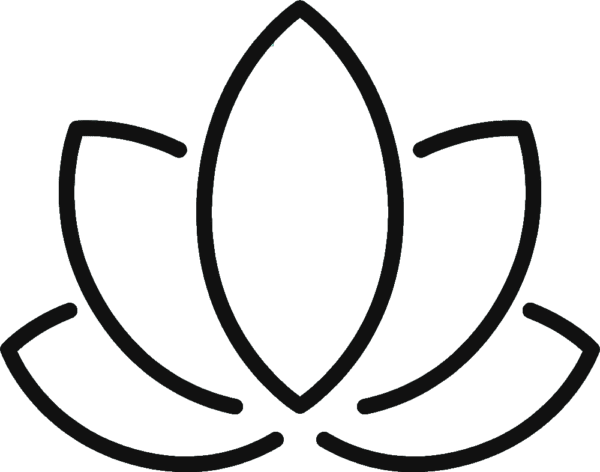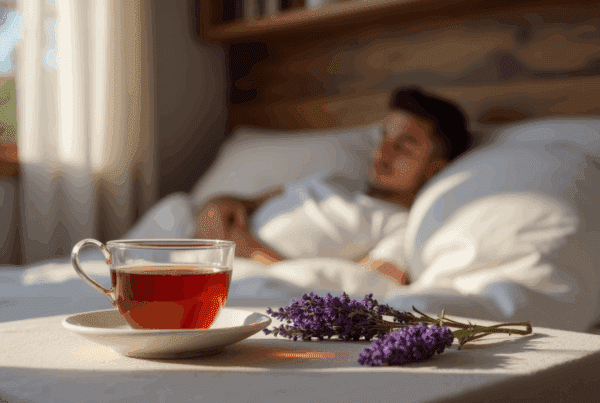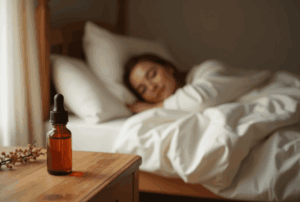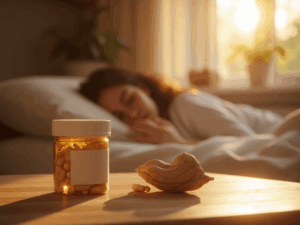If you’re struggling to find restful sleep, you might want to explore the benefits of natural herbal teas. These soothing blends often include well-known ingredients like chamomile and valerian root, which have a reputation for promoting relaxation and enhancing sleep quality. One of the appealing aspects of herbal teas is how easily they can be customized to fit different needs. Whether you’re dealing with trouble falling asleep or staying asleep, it’s possible to tailor a blend that works for you. With the right mix of ingredients, these teas become more than just a beverage—they become a gentle aid to your bedtime routine.
Why More People Are Turning to Herbal Sleep Teas
The demands of modern life are taking a toll on people’s ability to unwind, leading many to seek natural alternatives to conventional sleep aids. Herbal sleep teas have emerged as a popular option for those looking to relax without relying on pharmaceuticals. These teas, made with sleep-inducing herbs, offer calming effects that align with the body’s natural rhythms. Unlike medications that can cause dependency or grogginess, herbal blends work gently—helping you drift into sleep while supporting overall balance. Ingredients like chamomile and valerian root are often used, and herbs such as ashwagandha contribute to stress regulation. What makes these teas even more appealing is the ability to adjust them to your own sleep challenges, creating a nightly ritual that feels personal and effective.
How Sleep-Friendly Herbs Support Natural Rest Cycles
Incorporating calming herbs into your nighttime routine can do more than help you relax—it may help synchronize your internal sleep-wake cycle. For example, adaptogenic herbs like ashwagandha are known to support the body’s stress response, which in turn helps settle the mind. This can be especially helpful before bed when racing thoughts often interfere with rest. Ashwagandha is believed to help reduce cortisol, the hormone linked to stress, making it easier to unwind. Other herbs, such as chamomile and valerian root, are traditionally used to ease physical tension and soothe the nervous system. When combined, these ingredients can form a blend that aligns with your specific sleep concerns. Over time, making this part of your evening ritual may encourage more consistent, restorative rest.
Rooibos and Tulsi: Caffeine-Free Bases That Promote Calm
Not every herbal tea for sleep needs to include sedatives—some of the best foundations are caffeine-free teas like rooibos and tulsi. Rooibos sleep tea is appreciated for its naturally sweet flavor and antioxidant content, making it a relaxing option that won’t keep you awake. It’s a smooth, jitter-free tea that’s perfect for winding down after a long day. Tulsi, or holy basil, is an adaptogenic herb often included in sleep blends thanks to its ability to support the body’s response to stress. Together, rooibos and tulsi offer a mellow, balancing effect. This combination creates a sleep-friendly tea that not only encourages better rest but also contributes to general wellness. Including them in your routine may help set the tone for a peaceful evening.
Ashwagandha and Magnolia Bark: Deep Sleep and Stress Resilience
Building your sleep tea around rooibos or tulsi creates a great base, but pairing them with targeted herbs like ashwagandha and magnolia bark can further enhance the benefits. Ashwagandha is widely regarded for its ability to help the body adapt to stress, promoting a calmer mental state. Magnolia bark, meanwhile, offers mild sedative properties that may help improve sleep depth and reduce nighttime anxiety. Used together, these herbs support both stress recovery and quality rest. Adding this combination to your tea ritual may help you fall asleep more easily and wake feeling more refreshed. It’s a simple yet effective way to support emotional and physical restoration before bed.
Hops and Skullcap: Forgotten Herbal Sleep Allies
Some sleep-supporting herbs don’t get as much attention but can be incredibly effective. Hops, for example, have been used historically to promote calm and encourage sleep. Skullcap, another lesser-known herb, is recognized for its relaxing qualities and its role in easing mental and physical tension. On their own, each herb offers gentle support for winding down. When used together in tea, hops and skullcap can provide a deep sense of calm—helping you settle in for a good night’s sleep. Integrating them into your bedtime ritual could be a game-changer, especially if you’re looking for a natural alternative to conventional sleep aids.
How to Brew Natural Tea Blends for Better Sleep
To make the most of your herbal tea, start by selecting herbs that match your specific sleep needs. Chamomile and magnolia bark are both excellent choices for their calming effects. A general starting point is one teaspoon of dried herbs per cup of hot water. You can brew them in a teapot, infuser, or directly in a mug. Let the tea steep for five to ten minutes, depending on how strong you like it. You might want to add honey or lemon for taste. Try different ratios and combinations until you find a blend that feels right for your body. Drinking the same tea regularly in the evening can also reinforce a consistent bedtime signal, making it easier to relax each night.
Creating a Nighttime Tea Ritual That Improves Sleep Quality
Drinking herbal tea in the evening can serve as the foundation for a relaxing sleep ritual. To maximize its benefits, create a routine that encourages your body to wind down. Choose a set time each night to brew your tea, and while it steeps, dim the lights or put on some calming background music. Taking a few deep breaths or doing light stretching can help release tension from the day. When your tea is ready, take the time to enjoy it slowly. Feel the warmth in your hands, focus on the scent and flavor, and let your thoughts settle. This kind of mindful ritual can strengthen your connection to the present moment and prepare your body for rest. Over time, it becomes a powerful signal that sleep is near.
Who Should Avoid Certain Herbal Sleep Teas and Why
Although herbal teas are considered safe for most people, there are some important exceptions. If you’re pregnant or nursing, certain herbs can affect hormonal balance and should be avoided. The same goes for anyone taking medications like sedatives or blood thinners, as interactions could pose health risks. People with chronic liver conditions or hormone-sensitive health issues may also need to steer clear of specific herbs. Allergies or plant sensitivities are another factor to watch for. To be safe, always consult your doctor before starting a new herbal sleep tea. Taking this step ensures that your chosen tea supports your health goals without introducing unwanted side effects.




